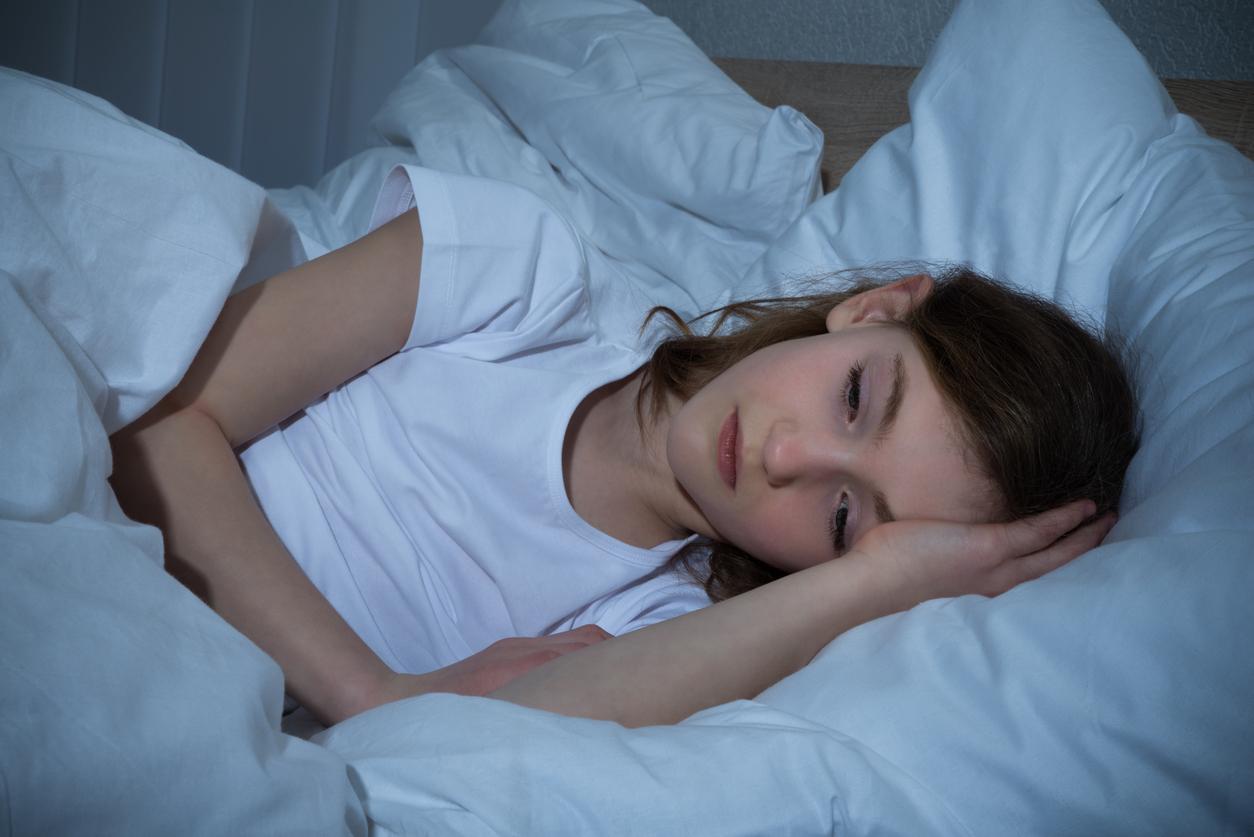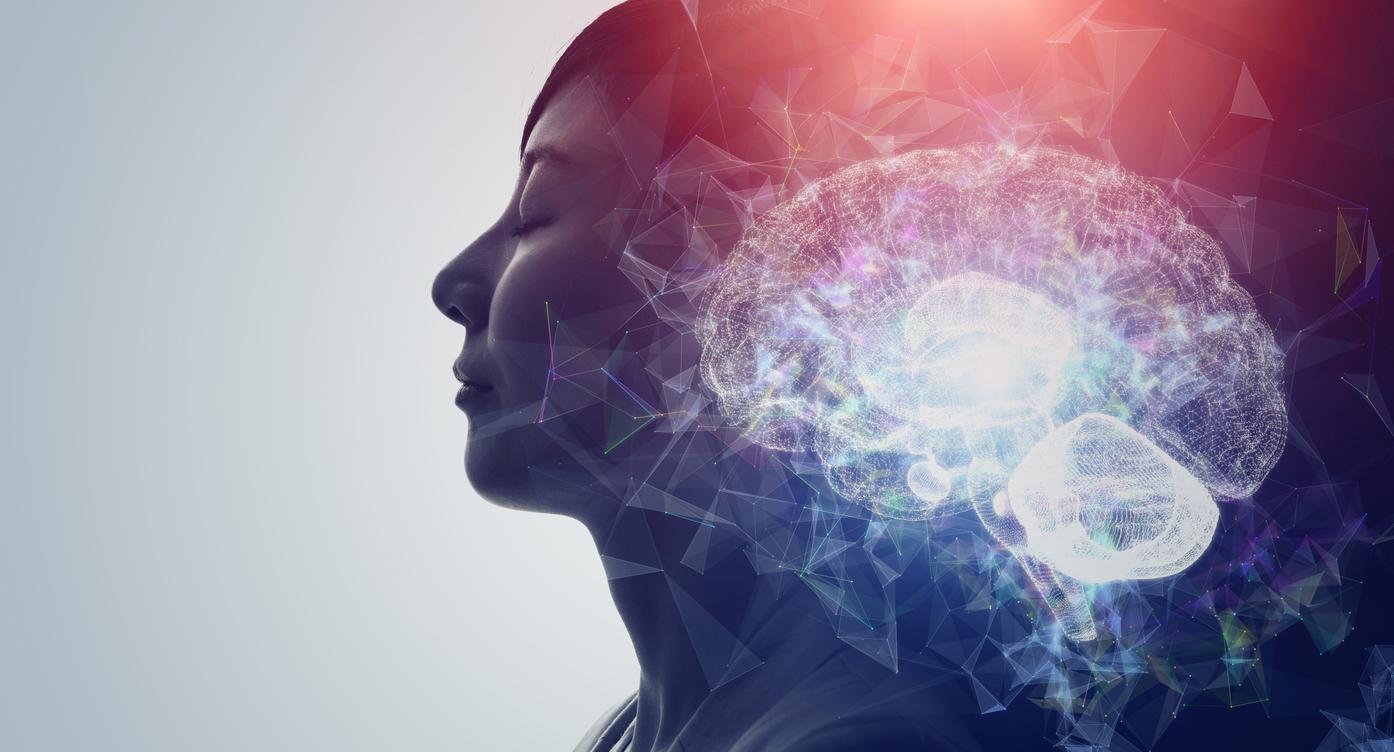Loneliness leads people to have more frequent and more intense nightmares, a new study finds.

- People who face loneliness are more likely to have nightmares.
- Stress, rumination and hyperarousal are factors in the discovered link, the researchers said.
- In addition to highlighting a potential negative effect of a lack of human connection, the findings are consistent with the evolutionary theory of loneliness, which posits that a sense of belonging is essential to human life.
Loneliness is also felt at night. An American study reveals that this state increases the risk of having nightmares. Which is worrying for the authors of this work published in the journal Journal of Psychologybecause both loneliness and sleep disturbances have a significant impact on health, being linked to an increased risk of heart disease, stroke and premature death.
More intense and frequent nightmares with loneliness
More than 1,600 adults aged 18 to 81 living in the US were surveyed about their mental health and sleep quality for the research. By compiling the results, the scientists found a link between loneliness and increased frequency and intensity of nightmares.
Analysis of participants’ responses also highlighted several psychological mechanisms behind the association between feeling lonely and bad dreams. It is driven by increased stress, rumination (persistent worry and anxiety) and hyperarousal (a state of heightened alertness).
“Loneliness is a pervasive condition that significantly impedes well-being, researchers point out in a press releasecausing suffering in various forms, including sleep disturbances. The experience of nightmares is one way in which sleep quality is impaired.”

Sleep: Loneliness has evolved to make itself heard
The study’s link between loneliness and nightmares doesn’t just demonstrate the potential negative impact of a lack of human connection, the researchers found. Their findings support the evolutionary theory of loneliness, which posits that a sense of belonging is essential to our survival.
“Interpersonal relationships are a basic human need”says Colin Hesse of Oregon State University. “When people’s need for strong relationships isn’t met, they suffer physically, mentally, and socially. Just as hunger or fatigue means you’re not getting enough calories or sleep, loneliness has evolved to alert individuals when their needs for interpersonal connection aren’t being met.”
“It’s too early to talk about specific interventions in a concrete way,” adds the scientist, “but our results certainly support the possibility that treating loneliness can help alleviate a person’s nightmarish experiences. This is a possibility that should be addressed in controlled clinical studies.”

















